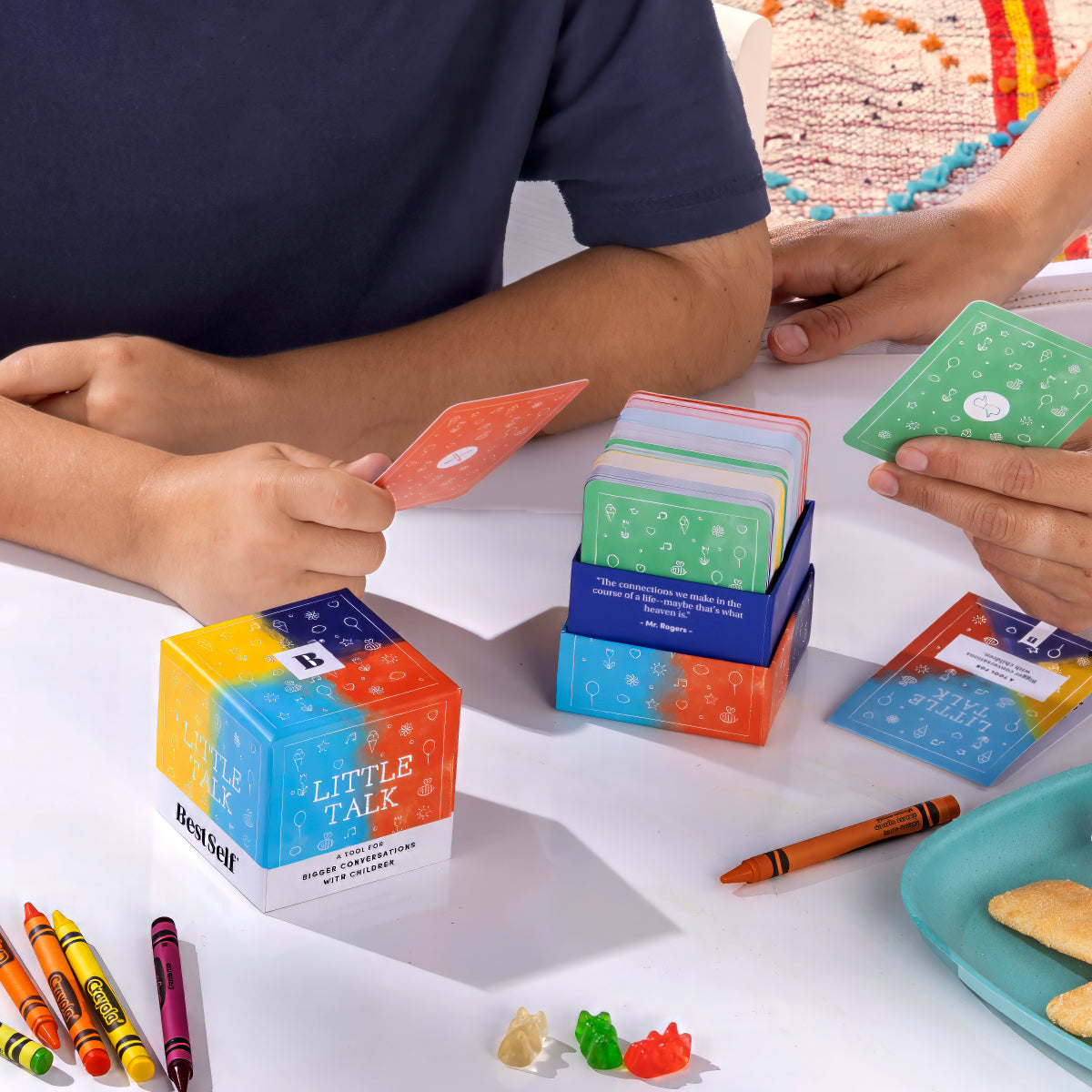By Georgina El Morshdy
People with a growth mindset believe they can get better with time and practice. This contrasts to a fixed mindset where people believe intelligence is static and they can’t improve.
Children with a fixed mindset find failure and mistakes challenging to manage. They can also experience frustration at their abilities - especially when struggling with something they want to be skilled at.
When we empower children to see mistakes as learning opportunities from which they can improve, we free them to be their best selves. We empower them to explore new interests and be OK if they mess up. In turn, children develop curious, creative minds and feel more excited about the world around them.
In the words of J.K. Rowling, “Failure is so important. It is the ability to resist failure or use failure that often leads to greater success.”
But how can we empower children to develop a growth mindset?
Here are five simple techniques to try…
1. Teach children how to reflect
Reflection is the art of exploring the past to see what we can learn. Encouraging children to look back over positive and challenging experiences to extract the lessons is a superpower because hindsight is 20/20 vision. When children understand what worked and what didn’t, they can approach their next challenge with more skills and insight.
You can help children reflect by asking them:
• What they liked and disliked.
• What they did well.
• What they would do differently next time.
• What they learned.
2. Set empowering challenges
Giving children the freedom and tools to tackle age-appropriate challenges can help them practice and learn new skills while having fun.
For example, putting together a meal plan or writing out the shopping list.
The Little Heroes Adventure Challenge is a fun way to empower children to plan and lead family activities. The challenge pack contains easy-to-follow instructions and all the printable tools a child needs to plan exciting adventures. You can use this pack to give children a sense of accomplishment and celebration as they see an idea through from beginning to end.
3. Cultivate an attitude of gratitude
A gratitude practice is the intentional act of acknowledging the things you’re thankful to have in your life. When practicing gratitude, children will find it easy to feel thankful for the bigger things, such as a vacation or a new toy. But there’s power in showing them to appreciate life’s smaller moments, such as the taste of their favorite food, a massive hug from someone they love, or a beautiful sunset.
A grateful mindset empowers children to see the best in every situation. It’s a practice that cultivates positivity because there’s always something to be grateful for.
What’s more, because you can’t be grateful and angry at the same time, gratitude is a powerful way to navigate challenging emotions and shift your perspective fast.
There are many ways you can weave gratitude into children’s lives. For example:
• Invite children to write down something they appreciate in a notebook each day.
• Be a role model - tell your child what you’re grateful for.
• Create a gratitude ritual in your home - such as over breakfast or dinner.
For an elevated experience, encourage children to notice how they feel when they express their gratitude. You can also explain why you’re grateful for something, as this makes you feel even more connected to the moment.
4. Spark powerful conversations
Encouraging children to engage in thoughtful conversations is a great way to develop their communication and self-expression skills.
Giving children space to explore their thoughts and opinions can help them develop self-awareness and a deeper knowing of who they are.
Every human desires to be seen and heard. When children learn to hold and engage in powerful conversations from a young age, their confidence gets a boost because they feel as if their opinion and insight is valuable.
The Little Talk Deck contains 150 conversation prompts designed for children. Here are a few examples from the deck:
- What’s the worst thing about being young?
- When do you not feel seen or heard?
- How can others tell when you feel excited?
Encouraging children to explore deeper questions helps develop their growth mindset too. By talking, they’ll discover new insights and ideas through the art of conversation.
5. Nurture emotional intelligence
As humans, we can experience a full spectrum of emotions. All emotions are valid because they express how we feel. Unfortunately, society has made certain emotions ‘good’ and others ‘bad’.
For example, it’s safe to express happiness and love, but not so acceptable to be angry or jealous.
When children can’t fully express themselves, they push emotions back down. In turn, they don’t learn how to experience the emotions coursing through their body - and this can create problems. After all, children will encounter moments of jealousy, anger, and frustration!
Friction will happen with their friends, things will go ‘wrong’ at school, and they won’t always be allowed to do what they want!
When children feel OK to express all their emotions, they develop emotional intelligence. Some easy ways to nurture emotional intelligence include:
• Teaching children the language of emotions - so they can put words to the way they’re feeling
• Accepting children’s emotions instead of appeasing the ‘bad’ ones
• Reassuring children that they are loved, regardless of the emotion of the moment
Being the best you can be
Armed with a growth mindset, children have the confidence to go after the things they really want. As a result, they’re less likely to settle and give up, which means they have a greater chance of succeeding.
In the words of Michelangelo, “The greatest danger for most of us is not that our aim is too high and we miss it, but that it is too low and we reach it.”
A growth mindset can take children a long way… and these five techniques are a great place to start building it.








Leave a comment
This site is protected by reCAPTCHA and the Google Privacy Policy and Terms of Service apply.